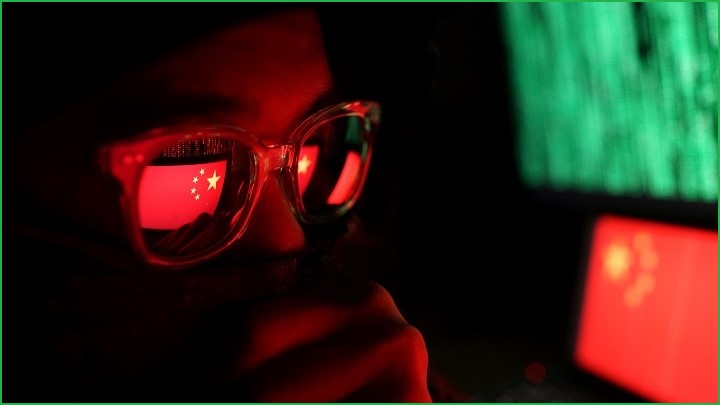Home Affairs Minister, Peter Dutton, has controversially taken aim at Chinese hackers.
Speaking to journalists in Canberra last Friday, Dutton said there was an “unprecedented level of foreign interference in our country”.
“The fact is that we have considerable attacks on our systems, both by state and non-state actors,” Dutton said.
“We have some of the best in the business at ASD, at the Australian Cyber Security Centre, within private firms here in Canberra, and around the country that we work with on a daily basis because the threat is very real.”
When asked by a journalist if the Home Affairs Minister thought Chinese state actors was behind a spate of high-profile cyber incidents, Dutton all but confirmed his suspicions.
“Our issue, as I've said before, is not with the Chinese people – not with the amazing Chinese diaspora community that we have here in Australia – my issue is with the Communist Party of China and their policies to the extent that they're inconsistent with our own values,” Dutton said.
“In a democracy like ours, we encourage freedom of speech, freedom of expression, thought, etc, and if that's being impinged, if people are operating outside of the law, then whether they're from China or from any other country, we have a right to call that out.”
The Chinese Embassy issued a statement criticising Dutton’s comments.
“We categorically reject Mr. Dutton’s irrational accusations against China, which are shocking and baseless,” the statement said.
“We strongly condemn his malicious slur on the Communist Party of China, which constitutes an outright provocation to the Chinese people.
“Such ridiculous rhetoric severely harms the mutual trust between China and Australia and betrays the common interests of the two peoples.”
The strongly worded rhetoric marks an increase in Australia’s tension with its biggest trading partner – though not necessarily without cause.
Parliamentary networks suffered a major cyber attack back in February, with reports soon surfacing that placed the blame on Chinese actors.
Australian universities have come under scrutiny for their ties with technology research that has helped build China’s robust and problematic surveillance state.
The government also got on the front foot banning Chinese-owned telco Huawei from delivering any part of the upcoming 5G network – a move echoed by the US Trump administration when it put severe restrictions on trade with Chinese tech.
Aussie businesses suffer the most
Last year, details of APT-10 emerged showing how the Chinese state-backed hacking group hacked Australian businesses and defence networks.
And with international ransomware organisations becoming more complex, the risk of cybercrime to Australian businesses is increasing.
Speaking ahead of the NAB Small Business Cybersecurity Summit in Canberra on Monday, NAB Chief Customer Officer, Anthony Healy, said it important to identify cyber risks in our economy.
“Cybercrime costs the Australian economy more than $1 billion annually and half of all cybercrime is targeted at small businesses,” Healy said.
“Across Australia and often in regional areas, we see hundreds of small businesses and agribusinesses every year who are unfortunately targeted by cyber criminals through tactics like identity theft, romance scams and invoice fraud.”
Speaking at the event, Shadow Treasurer, Tim Watts, said that while cyber security is a bi-partisan issue, he thought the government should have a different approach to tackling cyber issues.
“Much of the public conversation around cyber security is through a national security or data privacy lens – not an economic one,” he said.
“That partly reflects the fact that responsibility for cyber security sits within Home Affairs, and the Australian Cyber Security Centre, responsible for cyber security operations, sits in the defence portfolio.
“But the economic costs and consequences of cybercrime are immense. Small businesses and their customers have a lot at stake.
“And despite the best efforts of government agencies and law enforcement, the growth in cybercrime has skyrocketed in recent years, only increasing the size of the economic threat.”










